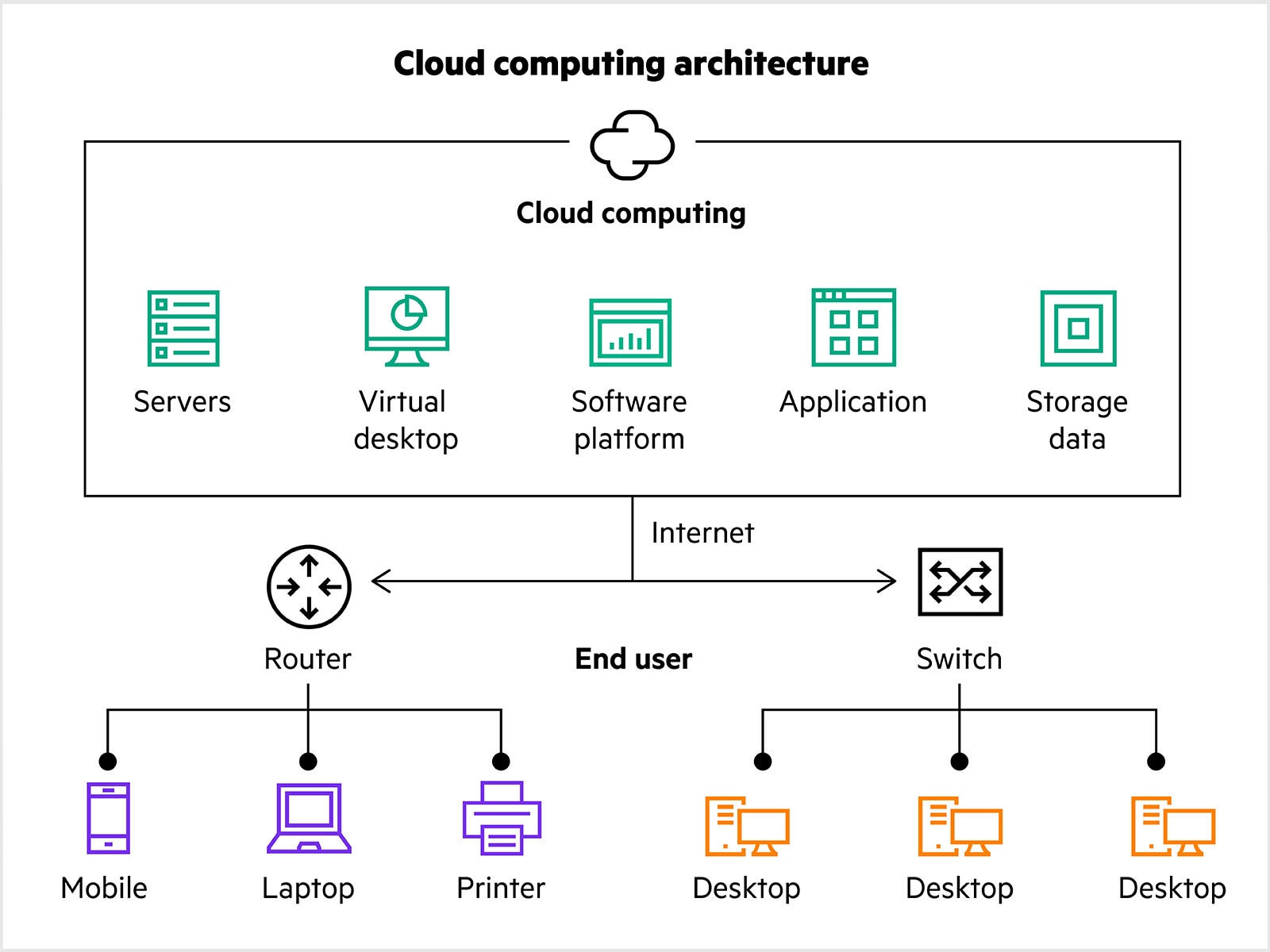The 23rd World Insights
Exploring the untold stories and events from around the globe.
Cloud Nine: Floating on the Benefits of Cloud Computing
Discover how cloud computing can elevate your business to new heights—unlock efficiency, savings, and innovation like never before!
Unlocking Efficiency: How Cloud Computing Transforms Business Operations
Cloud computing has revolutionized business operations by providing scalable resources that enable organizations to streamline their processes. By leveraging virtual infrastructure, companies can eliminate the need for costly physical hardware and reduce maintenance overheads. The efficiency gained through cloud solutions allows for rapid deployment of services, catering to the dynamic needs of modern businesses. Furthermore, with features like automatic updates and enhanced security protocols, firms can concentrate on their core competencies instead of worrying about IT management.
One of the most notable impacts of cloud computing on business is the facilitation of remote work. Employees can access essential tools and data from anywhere, leading to increased productivity and better work-life balance. Additionally, collaborative platforms hosted on the cloud enable teams to work together in real-time, driving innovation and faster decision-making. As businesses continue to seek ways to enhance efficiency, embracing cloud technologies becomes not just beneficial but essential for maintaining a competitive edge.

The Top 5 Benefits of Cloud Computing for Small Businesses
In today's digital landscape, cloud computing has emerged as a vital resource for small businesses looking to enhance their operational efficiency. The first significant benefit is the reduction in IT costs. By moving to the cloud, small businesses can minimize the expenses related to hardware and software, as well as the maintenance required to keep systems running. Instead of investing heavily in on-premises infrastructure, businesses can leverage a pay-as-you-go model, which allows them to scale their resources based on actual needs.
Another key advantage is the increased accessibility cloud computing offers. With files and applications stored in the cloud, employees can access crucial data from anywhere with an internet connection. This flexibility fosters better collaboration among teams, especially in the era of remote work. Additionally, cloud services often come with built-in security measures that protect sensitive information, ensuring that small businesses can operate confidently while safeguarding their client data.
Is Your Data Safe in the Cloud? Debunking Common Cloud Security Myths
As businesses increasingly rely on cloud computing for their data storage and management needs, questions regarding cloud security have become paramount. One common myth is that data stored in the cloud is automatically at greater risk of breaches than data stored on local servers. However, in reality, reputable cloud service providers often invest heavily in advanced security measures, including end-to-end encryption, regular security audits, and compliance with international standards. This can sometimes surpass the security capabilities of in-house systems, particularly for smaller organizations that may lack the resources to implement robust security protocols.
Another prevalent misconception is that once data is in the cloud, it becomes completely inaccessible to the company that owns it. In truth, businesses maintain significant control over their own data and can implement strict access controls to limit who can view or manage sensitive information. Furthermore, cloud providers allow organizations to easily establish data governance policies, such as data encryption and multi-factor authentication, fortifying their defenses against unauthorized access. By debunking these common myths, businesses can better understand the true nature of cloud security and take informed steps to protect their valuable data.